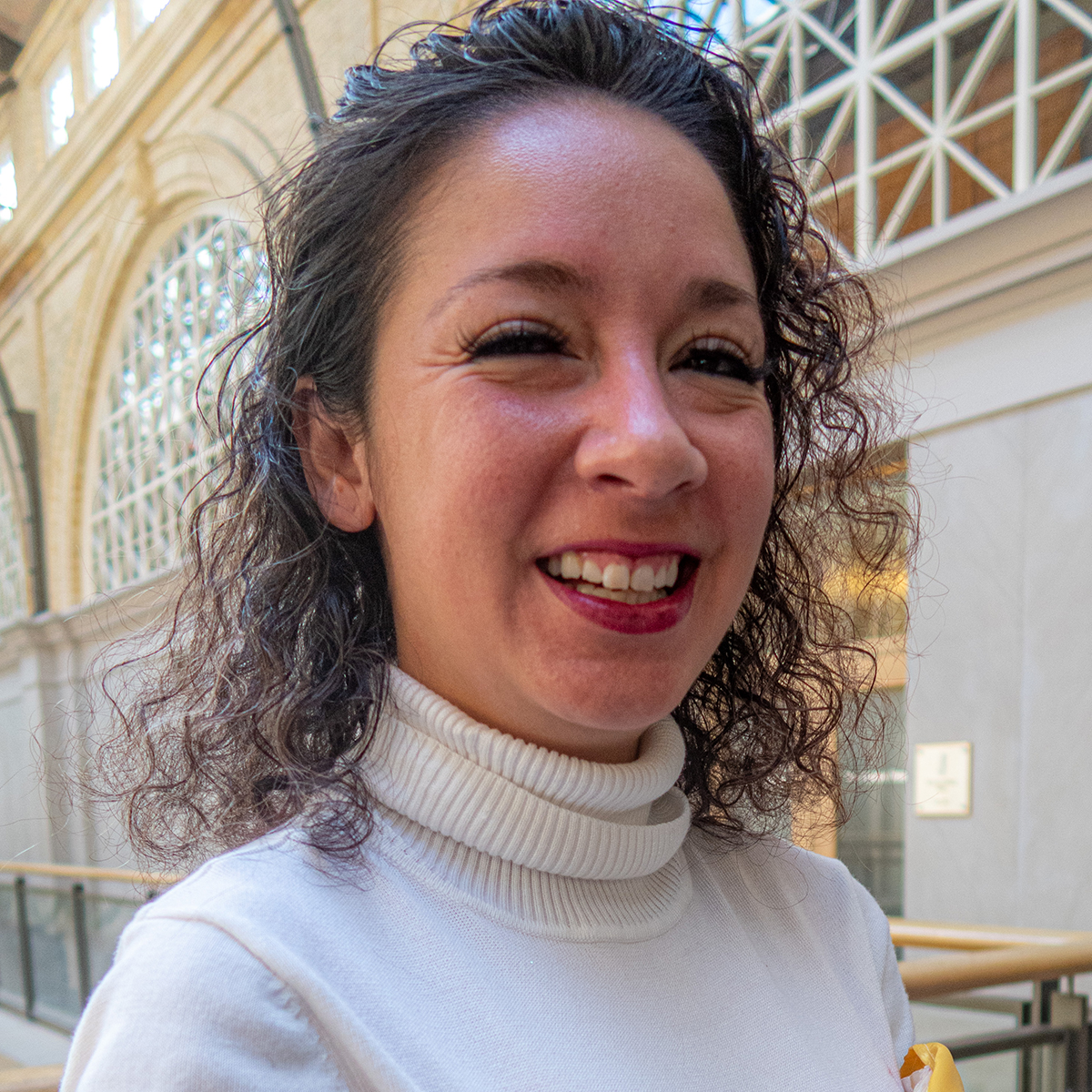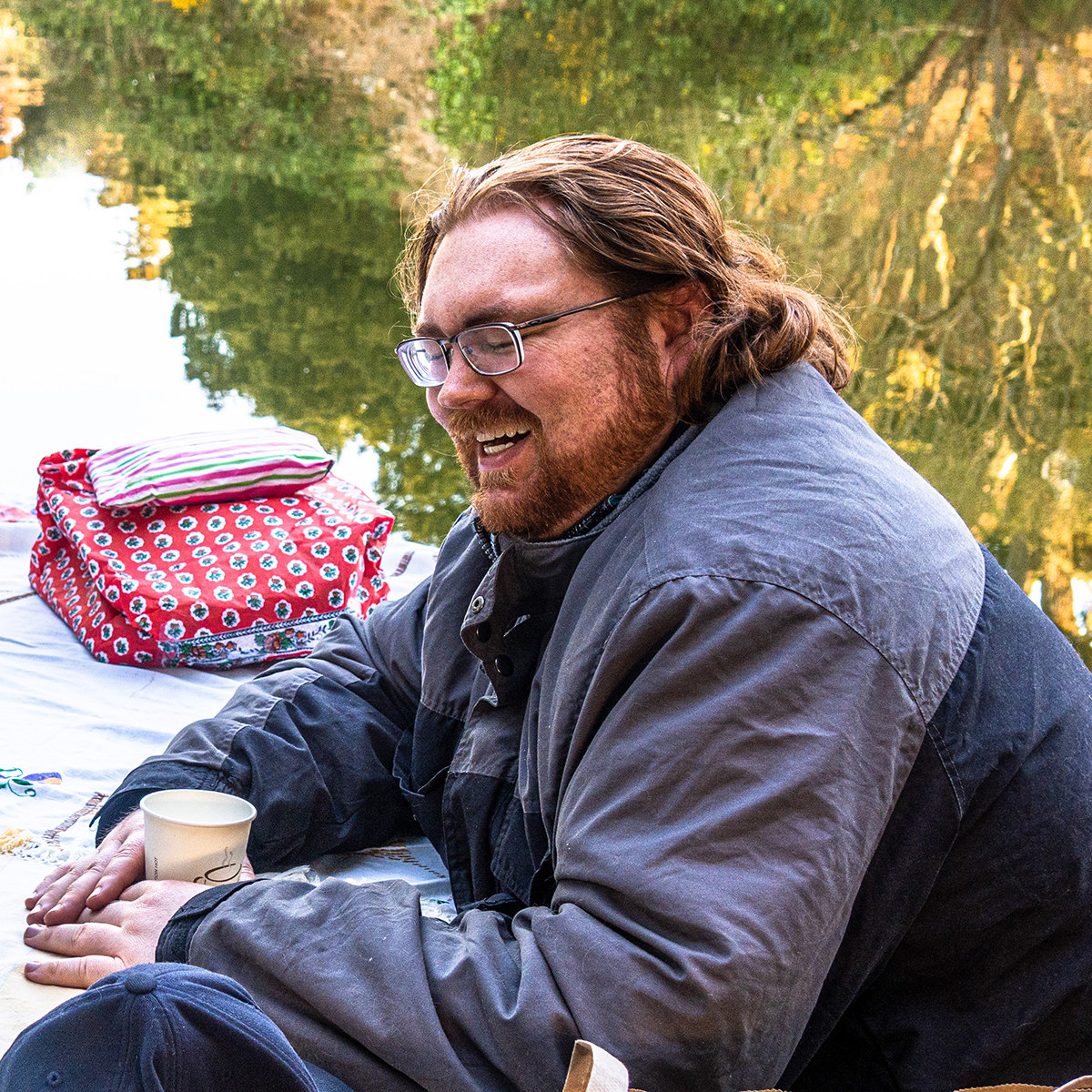
Why Be Kind?
“Acts of kindness may not be that random after all. Science says being kind pays off.” This is the opening sentence from the article which appeared in The San Francisco Chronicle on Friday, July 3, 2020, titled “Science says it makes us both happier, healthier” written by Seth Borenstein. It is based on the forthcoming book, “The Kindness of Strangers” by U.S. San Diego psychologist Michael McCullough. According to the author, “Kindness is as bred in our bones as our anger or our lust or our grief or as desire for revenge.” I found this list fascinating. How can kindness in our bones coincide with the desire for revenge? As it often happens in my life, I found the answer in the Torah, where being kind to strangers was mentioned at least 36 times. “The stranger who resides with you shall be to you as one of your citizens; you shall love them as yourself, for you were strangers in the land of Egypt” (Leviticus 19:34). It also says in Leviticus (19:18), “You shall not take revenge.” At the same in the Book of Numbers (31:1-3), “Hashem spoke to Moses saying: Take vengeance on the Midianites for the Children of Israel.”
Another surprise for me in the article was that “Scientific research is booming into human kindness and what scientists have found so far speaks well of us.” Is it not obvious that we need to be kind to each other? Is this not in our bones? Nevertheless, scientific conclusions are promising. “We’re kind because under the right circumstances we all benefit from kindness,” Oxford’s Curry said.
There is another contributor to the subject — Duke University anthropologist Brian Hare, author of the new book “Survival of the Friendliest”, “The more friends you have, the more individuals you help, the more successful you are,” Hare said. Another researcher, psychology professor Sonja Lyubomirsky, found out from over twenty years of experiments, that people feel better when they are kind to others, even more than when they are kind to themselves. This last realization brings us back to the words in Torah.
We only can love others (be kind) when we love (are kind) to ourselves, which brings to mind the words of Sage Hillel the Elder (110 BCE — 10CE):
“If I am not for myself, who will be for me?”
If I am only for myself, what am I?
And if not now, when?”
Staying home during the pandemic gives us plenty of opportunities for kindness. How about calling some of your friends, who might feel lonely, or any other small acts of kindness?
One of the simplest expressions of kindness can be a smile. Practice smiling to yourself first thing in the morning while looking into the mirror, and then keep smiling to others, even if your face is covered with a mask.
P.S. My personal act of kindness is to bring a smile to your face. This is why I’ve produced my next book “42 Encounters with Laughter”, which is going to be available in a few months. Meanwhile, keep smiling and laughing, like some of those people whom I encountered on my journeys.
Enjoy and Share with A Friend!




